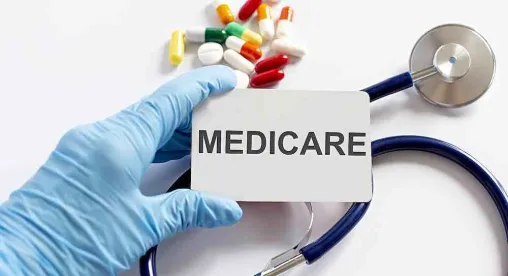As part of the omnibus Federal appropriations bill enacted into law on December 27, 2020, Congress established new reporting requirements for states that make Medicaid supplemental payments. The new requirements follow on the heels of the withdrawal of a controversial proposed rule, which would have made more sweeping changes to Medicaid supplemental payments. As a result of the new law, the Centers for Medicare and Medicaid Services (CMS) will be developing a new reporting system for supplemental payments by October 1, 2021.
Withdrawal of Regulatory Proposal Mandating Extensive Reporting on Medicaid supplemental payments
More than a year ago, in November of 2019, CMS issued the Medicaid Fiscal Accountability Rule (MFAR), a proposed federal regulation that included a number of significant changes to enhance federal oversight and scrutiny over Medicaid supplemental payments. As part of the MFAR, CMS would have required states to report extensive information about all Medicaid payments made to each provider receiving Medicaid supplemental payments, on both a quarterly and annual basis, as well as information about the source of any non-federal share used to finance such payments. MFAR also proposed to cap the size of Medicaid supplemental payments, require reauthorizations every three years, and limit the permissible local funds that could be used to finance the nonfederal share of the payments.
Former CMS Administrator Seema Verma announced on Twitter in September 2020 that CMS would withdraw MFAR, citing “concerns that have been raised by our state and provider partners about potential unintended consequences of the proposed rule, which require further study.” MFAR was officially withdrawn in January 2021.
COVID Relief Bill Includes New Public Reporting Requirements
The law requires the Secretary of the Department of Health and Human Services (HHS) to establish a reporting system for each state that authorizes supplemental payments in its Medicaid State plan by the by October 1, 2021. All reports must be publicly posted on the CMS website.
The reporting required by the new law is not as extensive as had been proposed under MFAR, but the new administration will have some discretion when developing the reporting system. The state reports would need to explain the purpose and intended effects of their Medicaid supplemental payments, including how the payments are consistent with federal Medicaid requirements related to efficiency, economy, quality of care, and access to services. The reports will also describe the providers eligible to receive supplemental payments and the methodology used to calculate and distribute the payments. Finally, the reports must include assurances that total Medicaid payments to an inpatient hospital will not exceed federal upper payment limits, including a demonstration of compliance with applicable upper payment limits.
Scope of Medicaid Supplemental Payments
The law defines a supplemental payment as “a payment to a provider that is in addition to any base payment made to the provider” under the Medicaid State plan or a Medicaid demonstration authority, other than Disproportionate Share Hospital payments. Although this definition sweeps broadly, it does invite questions about whether certain state Medicaid payments are properly characterized as supplemental or base payments. Further, the bill only requires reporting as a requirement for making supplemental payments under a state’s Medicaid plan, raising the possibility that payments authorized under a waiver or demonstration program could be treated differently.
The new reporting system will help advance federal goals of improving the oversight and transparency of Medicaid supplemental payments, and could result in additional scrutiny being applied to those payments. Health care providers that receive Medicaid supplemental payments should carefully watch for forthcoming guidance on the new reporting system and be prepared to work with their state to submit required information.





 />i
/>i


